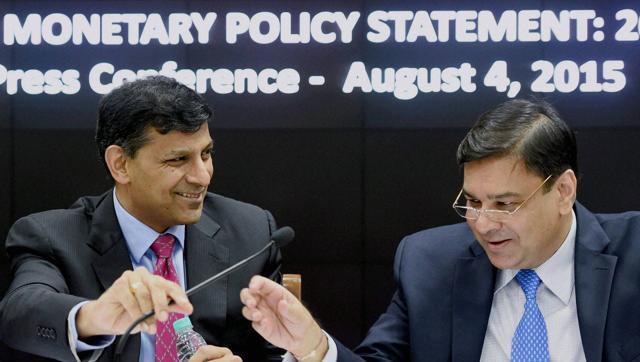The contemporary political climate in America holds immense tension, yielded by Donald Trump and Joe Biden. Common discussion in the day-to-day lives of citizens includes Black Lives Matter, climate change, racism, and a multitude of other deep-rooted issues. Despite the current relevance of these topics, each issue is rooted within the foundations of American government- an aspect we are all affected by.

Even though we aren’t physically present at protests or directly affected by a new bill, every political decision sets off a chain reaction. Each decision trickles down into daily life- perhaps in the taxes of your school that changes procedures; your favorite restaurant that closes earlier; and numerous other lifestyle changes.
Teenagers frequently overlook these issues and decisions due to the current polarity of American politics. The threat of being deemed ignorant or unintelligent by peers weighs heavily on us all, with the notion that our voices are irrelevant. In the strictest sense of the word, this is not true at all. In some states, you can pre-register to vote at 16 years old. Anthony Fowler from the University of Chicago investigated this option and discovered that allowing future voters to pre-register increases registration and turnout by 2.1 percentage points. Waiting to care for politics until you turn 18 means a lack of understanding, a lack of knowledge, and subsequently a lack of ability to make political choices that are important to you.
By informing yourself early on, you can be better prepared to vote for candidates who have the same priorities as you, whether that be climate change, gun control, or abortion, etc. You can encourage others around you to do the same. By voting, you can make your voice heard. This idea is well-expressed in a Pratt Institute article by Lexi Anderson. “A definitive way to navigate your own moral and ideological compass” is what it means to know politics. Educating yourself can only benefit you. This year, the national turnout for young voters was estimated to be 52-55%. This is compared to the 2016 presidential election, where there was a 42-44% estimate.
Therefore, less than half of people between the ages of 18 and 29 participated in the 2016 presidential election. That’s compared to 71% of those 65+. How sad it is that the generation whose future will be shaped by who is elected is not even registered to vote. We are letting a generation that won’t have to deal with the effects of their actions make decisions that will affect our generation’s futures.
Many times, young people complain about how policies don’t represent what they want. Is that at all surprising? The average age of House Members at the start of the 116th Congress was 57.6 years, and that number rises to 62.9 years for Senators. This is in addition to the fact that young people participate less in politics and turn out to vote less frequently. Older politicians won’t be able to address and meet all of the needs of young people. But by participating in politics at a young age, you have the opportunity to make a change.
One of the most important things young voters should know before getting involved in politics is that your voice matters. There are a lot of things you can do even if you are unable to vote. Signing petitions, registering others to vote, and contacting representatives are examples of these. Start a political club in your community, help inform others, or help a local campaign. The possibilities are endless.
During a Zoom call Q&A session with other young people interested in politics a few weeks ago, I had the wonderful opportunity to discuss Andrew Yang’s opinions with him. My question: “How can we encourage more young people to get interested in politics or at least be willing to learn?”
Yang: “That’s a great point and this is something I’m passionate about. That’s one of the reasons I got a Tiktok.” (You can follow Andrew Yang on Tiktok @officialandrewyang).
“We have to make politics interesting for young people because if I just talk to you about something boring and future-oriented when you’re 15 or 16 years old, you’ll say, “Well that sucks.” So I think we should meet people where they are honest. You have to try and make politics fun and alive. And our politicians are bad at that. Therefore, I do not blame young people. I blame our politicians, fra



